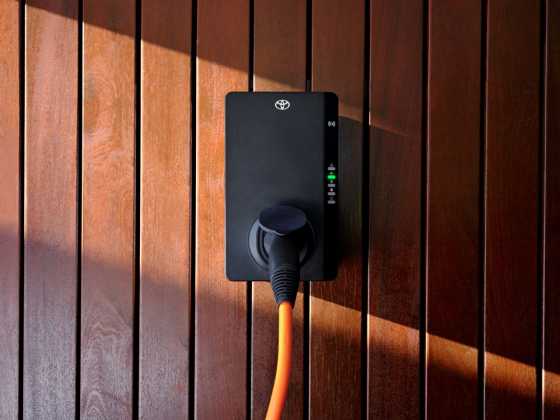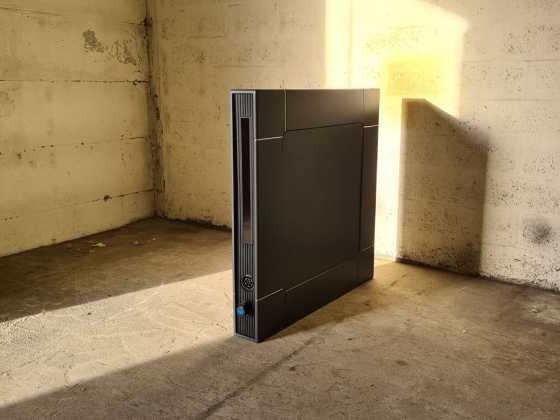£200m for projects to help decarbonise freight vehicles

The government has announced £200 million to be invested across four projects to help decarbonise freight vehicles.
The funding will help to roll out up to 370 zero emission HGVs and deliver around 57 refuelling and electric charging sites.
The £200m Government funding will be delivered in partnership with Innovate UK through the zero emission HGV and infrastructure demonstrator programme.
Roads Minister, Richard Holden, visited Voltempo in Birmingham – one of the recipients of the £200 million – whose eFREIGHT 2030 project is set to create up to 200 new jobs by 2030 and provide Birmingham with one of the UK’s first electric vehicle charging hubs dedicated to HGVs.
The funding will help grocery companies such as Sainsbury’s and Marks & Spencer lower their transport emissions.
The measures come during a 'week of action' from the government, including ministers visiting multiple freight stakeholders, to understand how the sector can continue to drive innovation and get closer to net zero.
To further drive innovation in freight and logistics, an additional £2.4 million has also been unlocked through the second round of the Freight Innovation Fund (FIF). As part of the fund, the FIF Accelerator – open for applications from today – will help up to 10 small and medium enterprises develop new ways to make freight greener, more efficient and more resilient.
The £7 million, three-year FIF aims to scale up and roll out innovative technology across the industry to decarbonise freight. It is at the heart of the Future of Freight Plan, the first-ever cross-modal and cross-government vision to help the industry improve planning, boost innovation in data and technology and facilitate the transition to net zero.
The first round of the FIF supported a series of groundbreaking projects, from using drones to deliver mail and services to the Orkney Islands, implementing AI and data to reduce costs, to deploying zero-emission technology to track and move freight across London.
Freight Week will also see the launch of two calls for evidence to continue exploring new ways for the freight industry to decarbonise and become more efficient.
The first is the call for evidence to inform and support the Development of the zero emission HGV and coach infrastructure strategy, which is due to be published in 2024. This will ensure the delivery of the infrastructure required to meet the 2035 and 2040 phase-out dates for non-zero emission HGVs.
The second is the call for evidence on Volumetric concrete mixers (VCMs), which will consider whether a temporary weight allowance should remain, be removed or amended for the vehicles beyond the current deadline of 2028. It will consider the best options to reduce waste, limit costs and ensure fair competition while taking into account how to continue ensuring road safety.
With DfT providing approximately £20 million per year in freight revenue grants, the government will also consider how to boost freight across a variety of modes.
The Mode Shift Revenue Support and Waterborne Freight Grant will be reviewed to explore how to continue helping the sector decarbonise by shifting freight from road to rail or water through the two schemes.
October also marks the start of Year two of Generation Logistics, backed by £645,000 in government funding across 2 years, which will be led by CILT and Logistics UK.
Following a successful first year, Generation Logistics will now focus on raising awareness of the logistics sector and its career opportunities, specifically among young people in schools and colleges, in an effort to boost recruitment and retention of a more skilled and diverse workforce.



